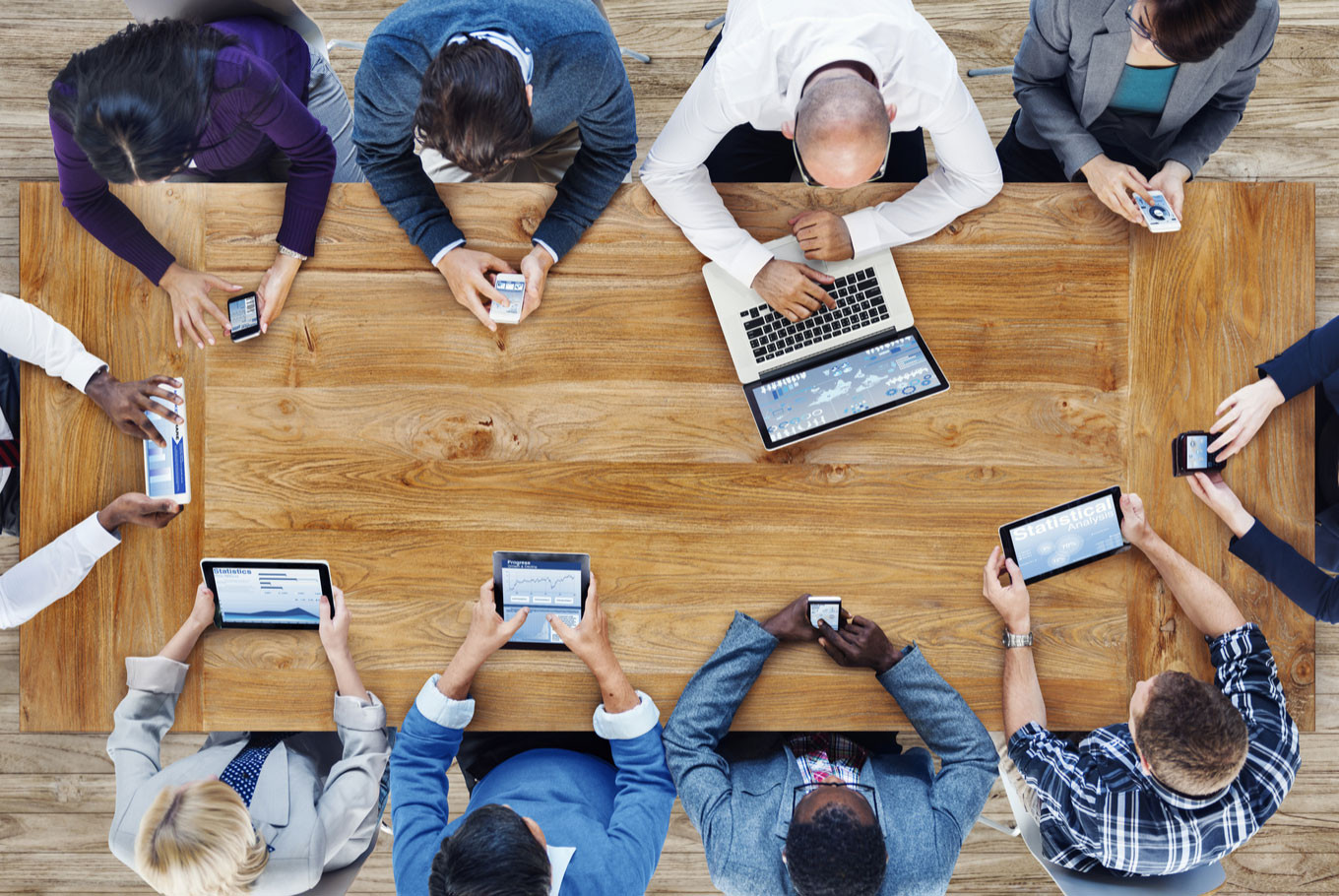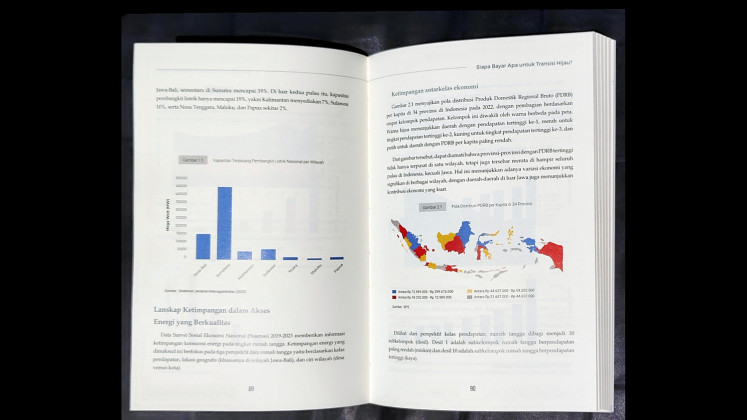Popular Reads
Top Results
Can't find what you're looking for?
View all search resultsPopular Reads
Top Results
Can't find what you're looking for?
View all search resultsInformation triggers the pleasure centers in your brain
Change text size
Gift Premium Articles
to Anyone
 The feeling of satisfaction we experience when winning at a game or eating our favorite food is the result of our brain's activation of a "reward system," secreting dopamine, a hormone associated with pleasure. (Shutterstock/File)
The feeling of satisfaction we experience when winning at a game or eating our favorite food is the result of our brain's activation of a "reward system," secreting dopamine, a hormone associated with pleasure. (Shutterstock/File)
L
ooking for information on the internet kicks off the same reward process in the brain as when we're eating a hamburger or winning a large sum of money, according to UC Berkeley neuroscientists.
The feeling of satisfaction we experience when winning at a game or eating our favorite food is the result of our brain's activation of a "reward system," secreting dopamine, a hormone associated with pleasure. While economists have a tendency to consider curiosity as a means to an end, psychologists have long considered it its own innate motivation. For example, sports fans might check on the odds of a game, even if they have no intention of betting.
"Our study tried to answer two questions. First, can we reconcile the economic and psychological views of curiosity, or why do people seek information? Second, what does curiosity look like inside the brain?" says Professor Ming Hsu, who directed the study, which was published in the Proceedings of the National Academy of Sciences.
Read also: 5 safety tips for browsing the internet
A high similar to junk food and drugs
The study's researchers came to their conclusion by scanning study participants' brains while they played a gambling game. Each subject was shown a series of lottery tickets and asked to decide how much they would pay to find out more about the odds of winning. In most cases, subjects took rational decisions based on the information's economic value, e.g., how much money they could stand to win from a given lottery.
Analyzing the scans, researchers found that information about the odds activated the striatum and ventromedial prefrontal cortex, areas of the brain that are well-known to be activated in valuation, and are the same dopamine production and reward regions activated by junk food and some drugs.
That proved to be the case regardless of whether the participant's original decision was changed by the information, or not, which the researchers claim is similar to "wanting to know whether we received a great job offer, even if we have no intention of taking it": "Anticipation serves to amplify how good or bad something seems, and the anticipation of a more pleasurable reward makes the information appear even more valuable," said Professor Hsu.
And while the study is not specifically concerned with digital information overconsumption, it remains that information stimulating the brain's reward system is a necessary condition for the addiction cycle, hinting at our delight when we get a "Like" notification.









